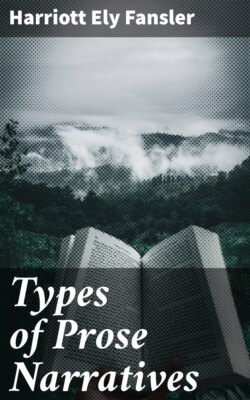Читать книгу Types of Prose Narratives - Harriott Ely Fansler - Страница 58
На сайте Литреса книга снята с продажи.
The Courtship of Sir Butterfly
ОглавлениеIt was a beautiful May morning. The air was soft and balmy, still retaining the freshness of the evening. Sir Butterfly woke up very early to go to the garden and pay a visit to the beautiful flowers that grew there. The garden looked inviting. For there was already Miss Sampaguita, fresh as the morning with little drops of dew on her cheeks; there was the tall and graceful Miss Champaka; there was Miss Ilang-ilang, giving perfume to the balmy air that kissed her; there was Miss Sunflower with her face toward the Eastern Gate—all of them were expecting early and courteous visitors.
However, Sir Butterfly was a shrewd critic, and could find faults in each one of these beauties. But when he came before Miss Rose, he found himself at a loss what to say. In fact, he was fascinated by her beauty, and soon began to flutter about her. After a while he addressed her in this way:
"Fair Rose, thou art the queen of flowers;
This throne I give alone to thee;
And this I'll say at all hours,
The sweetest nectar thine must be.
"Thy garment of the purest green
Befits right well thy being a queen;
And this I have to say to thee,
The sweetest nectar thine must be.
"Thy cheeks are rosy, lips are red
With tints of freshness never dead;
Come, give me a kiss, sweet Rose,
Of thine own nectar sweet, a dose."
Here Miss Rose interrupted him. "Nay, nay, please do not flatter me," she said in a tone of affected coquetry.
But Sir Butterfly continued his recitation:
"Thy graceful form invites me
A dear embrace to give thee."
Saying this, he drew near her and passed his arms around her body. But what an embrace! The thorns held him fast; he was now a wounded prisoner. In a tone of anger and despair he cried: "Let me free, you ugly, ugly Miss Rose!"
Moral: The seemingly desirable is not always desirable, or circumstances alter estimates.
—Máximo M. Kalaw.
